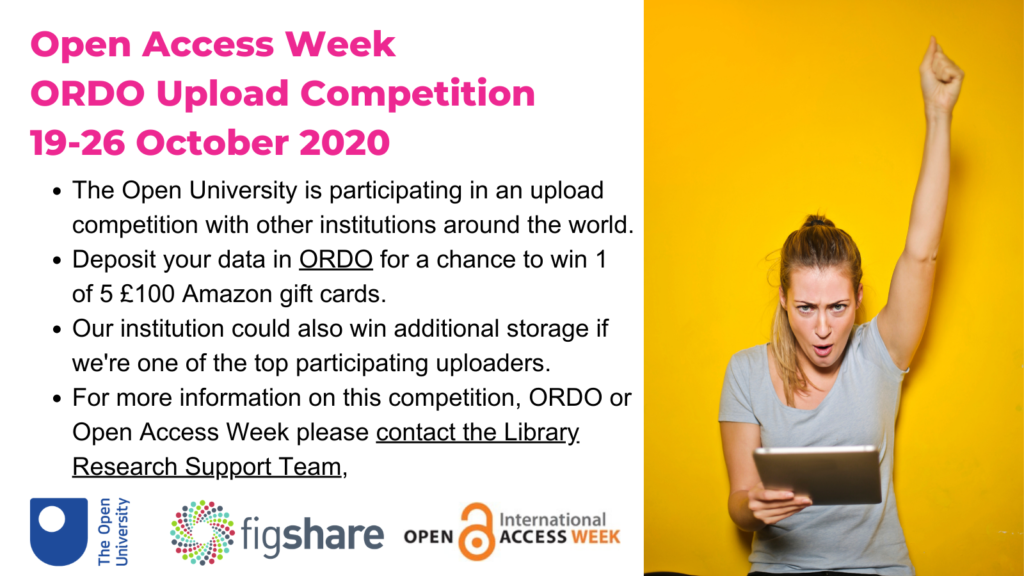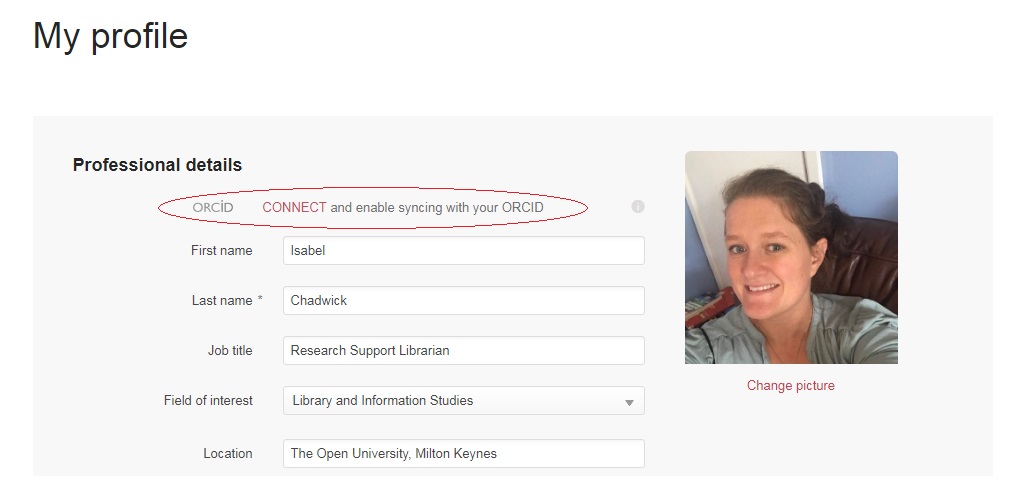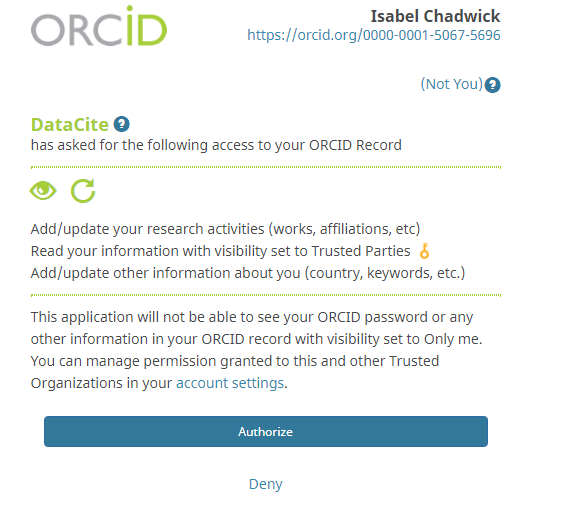The UK Data Service is running the following event which may be of interest to some readers of this blog.
COVID-19 Data Dive: Exploring the social and economic impacts of the pandemic
22 – 23 October 2020
Online
The longer term social and economic impacts of COVID-19 are yet to be evidenced but there are already signs of shorter term challenges.
The UK Data Service has organised a free, two-day Data Dive as part of the rapid research response to the pandemic. By bringing together major social, economic and population studies in a single place, we provide an opportunity for researchers, policy and charity experts to collaborate and draw out critical questions about the impacts of the pandemic that will need to be addressed in the future.
The event is jointly organised by the UK Data Service, Understanding Society, UCL Centre for Longitudinal Studies (CLS) and the Welfare at a (Social) Distance research project; all UK Research Innovation programmes.
Programme
Participants will work in small teams alongside different experts from other organisations, including data producers, policymakers and charities, and will be able to link with other related datasets, to find new areas of research interest.
The challenge: What do we know and what do we still need to ask about COVID-19 and its social and economic impacts on society?
How can we utilise the data resources to learn and discover themes and ideas for next steps.
During the Data Dive, participants will:
- learn about the UK Data Service collection of COVID-19 data
- utilise and explore the major COVID-19 studies
- gain insights from the data providers and policy experts
- gain practical experience of manipulating data
- examine themes and explore new research questions
- present findings as a team
- examine outcomes and future research opportunities
We’d like to hear from you: Please submit details via the expression of interest form.
Successful applicants will be sent a registration link to book. Once registered, you will receive an email with joining instructions and the Zoom link to attend the event.
- Which topic(s) would you like to examine with the data? Please provide 2-3 sentences about your area of interest.
- Which categories best represent your skills?
- data wrangler: you understand how to manage and interpret the data to create graphs and data visualisations
- ideas person: you ask pertinent questions and formulate ideas for next steps
- coder: you are comfortable coding in various languages such as Python and R
- data expert: you understand how to manage data and run and interpret statistical analysis, using R, Python, Stata, or other common data analysis tools
- policy expert: you are an expert in social and/or economic policy and use the data to bring expert voices into the policymaking process
- voluntary sector: you have an invested knowledge base of the subject matter
More information
Talk to the experts: During the day there will be a chance to talk to the experts from each of these major studies.
Target audience: This Data Dive is aimed at researchers, data analysts, policymakers, charities, coders and Service users with special interest in the benefit system, social care, housing policy and the charity sector. Those not working directly with data are welcome; data specialists from the UK Data Service, Understanding Society, UCL Centre for Longitudinal Studies and University of Kent will be on hand to discuss the data.
Experience/knowledge required: Participants should have basic experience of quantitative analysis using a statistics package OR have an invested knowledge base of the subject matter. If you are not yet UK Data Service users, participants will need to register with the UK Data Service before the start of the event to access the data. This is in addition to registering for the event.
Online location: The Data Dive will take place over Zoom.
For any enquiries please email comms@ukdataservice.ac.uk.
Follow the event on Twitter: #UKDSCovidDataDive
 The UK Data Service specialises in the management and archiving of research data in the social sciences. They are running a comprehensive series of free online training over the coming months which may be of interest to readers of this blog.
The UK Data Service specialises in the management and archiving of research data in the social sciences. They are running a comprehensive series of free online training over the coming months which may be of interest to readers of this blog.





